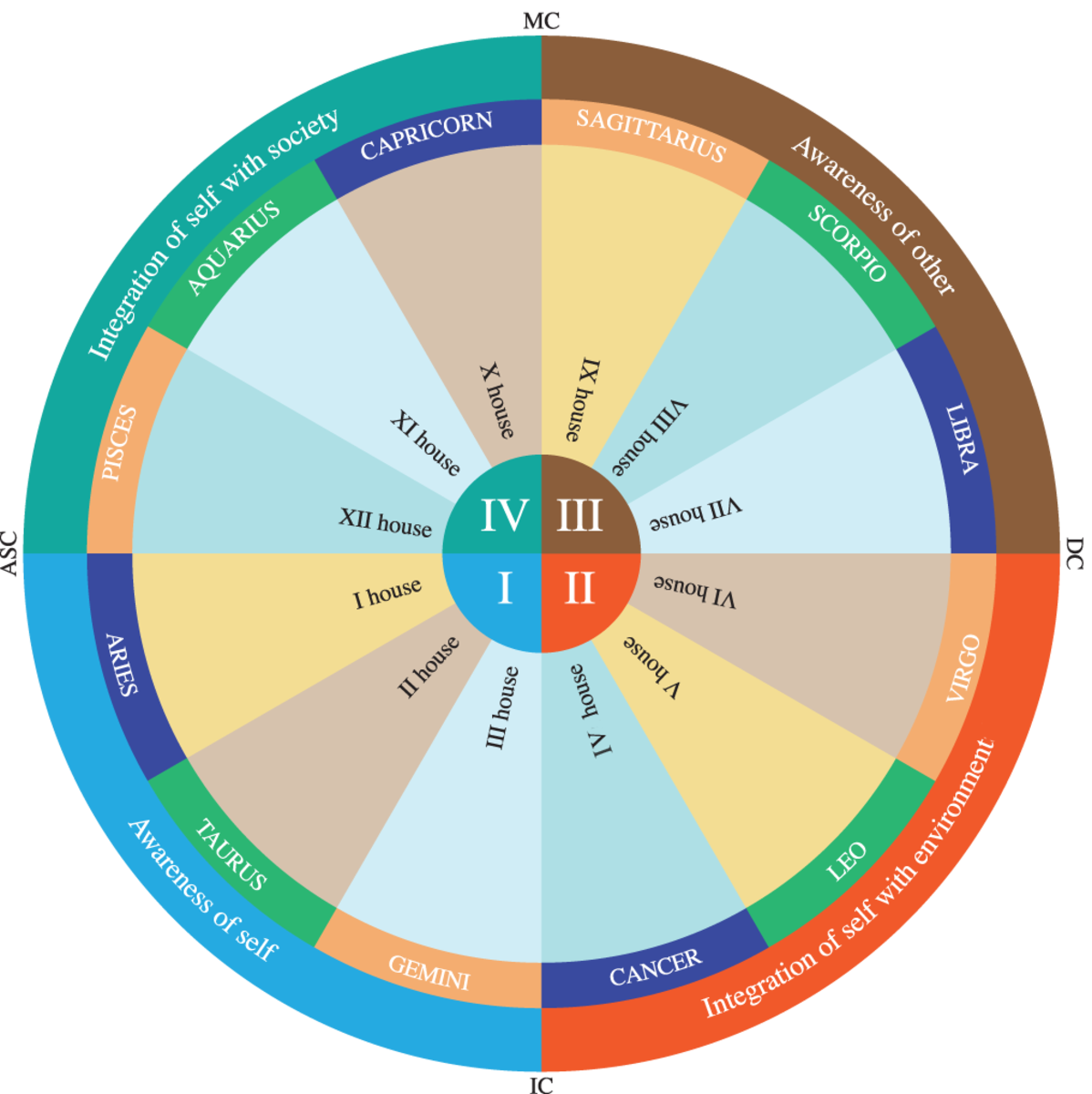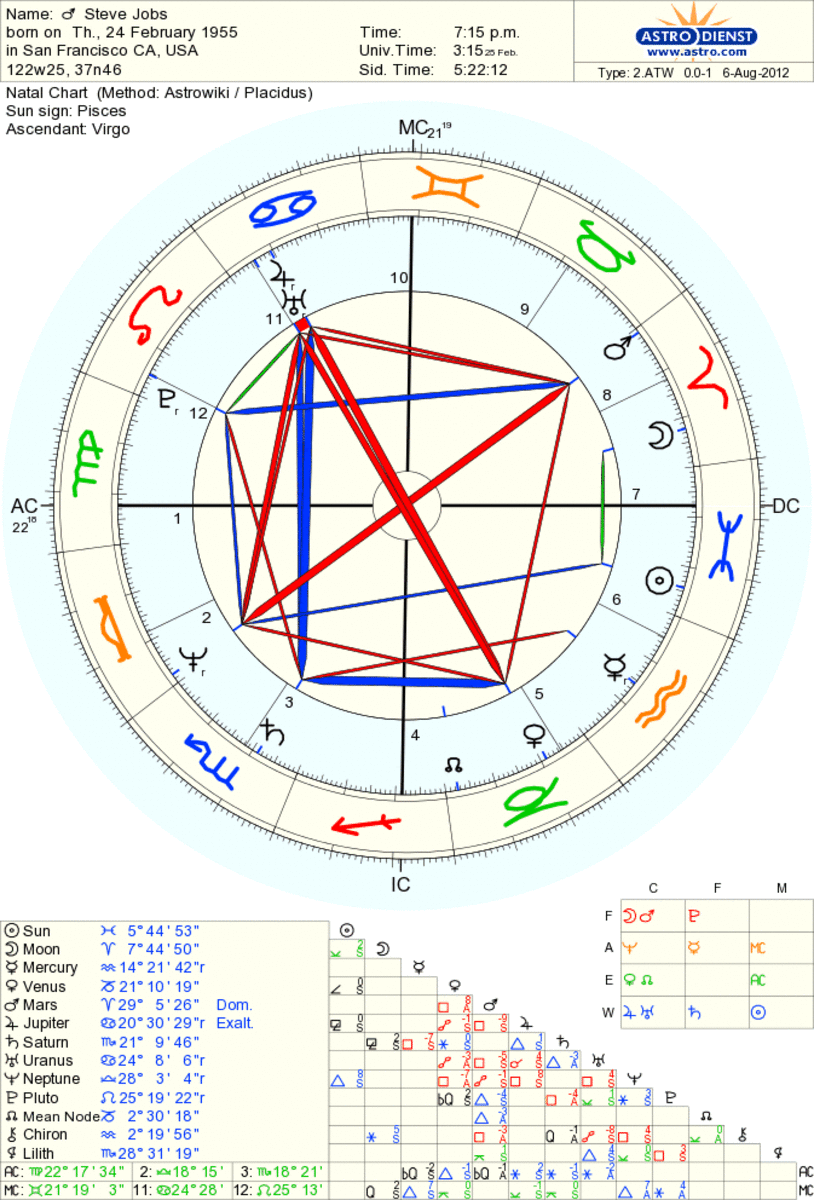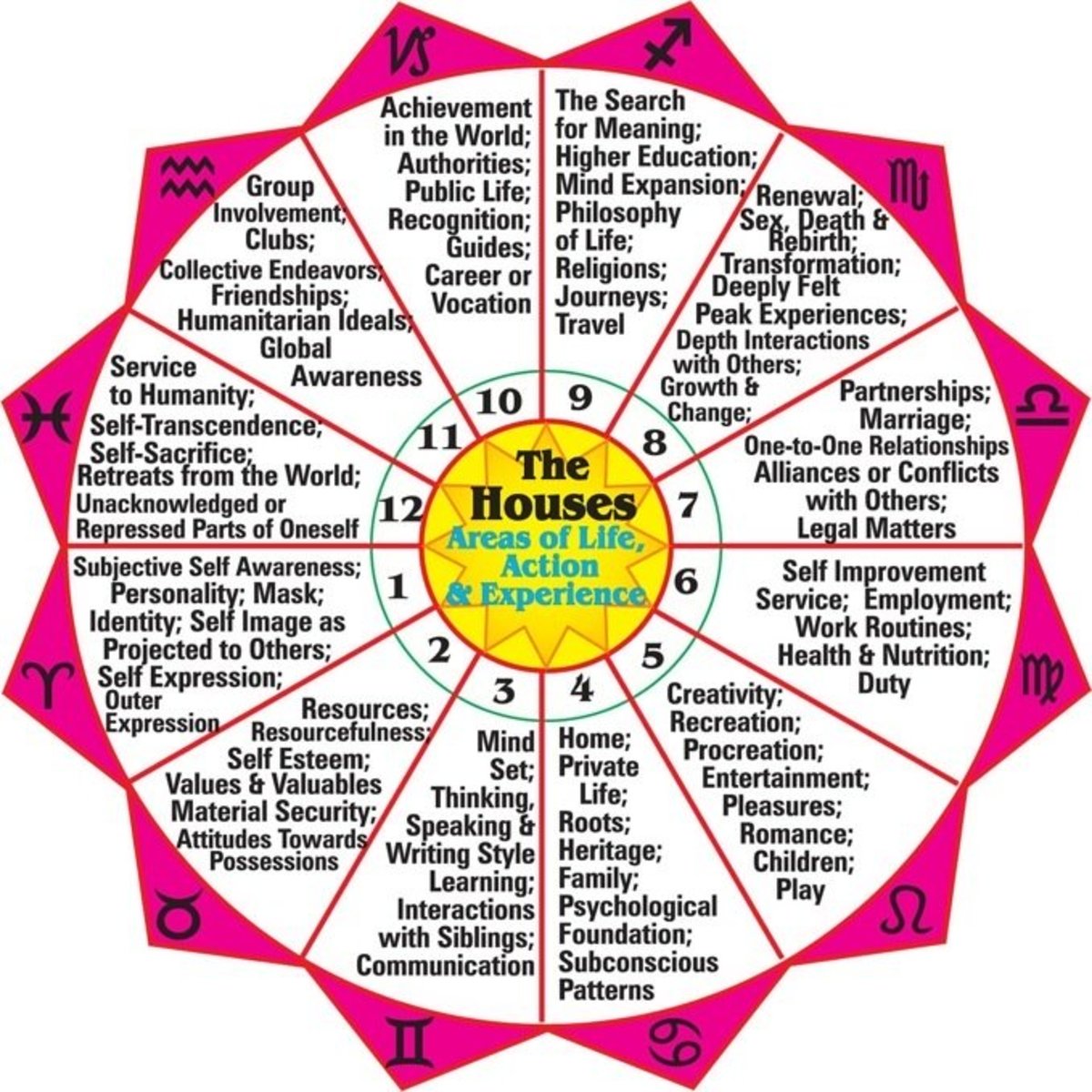What is Astrology Anyway? Part 2 Houses Natal Charts and Conclusions
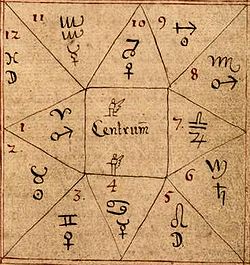
Astrology is such a big diverse topic and with this are additional information and factors. There are different astrology systems based on different cultures, regions and countries such as Native-American, Mayan, Western, Vedic (ancient India), Chinese, etc. Along with that is the fact that there are different areas or branches of astrology such as vocational, horary, mundane or natal astrology. Astrology is also an eclectic mix of different disciplines such as astronomy, history, geometry, symbolism, statistics, languages and esoteric studies to name a few. In part 1 (which you can click here to read) of the two-part series: What is Astrology Anyway? I talked about the Zodiac Wheel, Astrological Signs and the Planets. Furthermore I saved this article to talk about houses and natal charts.
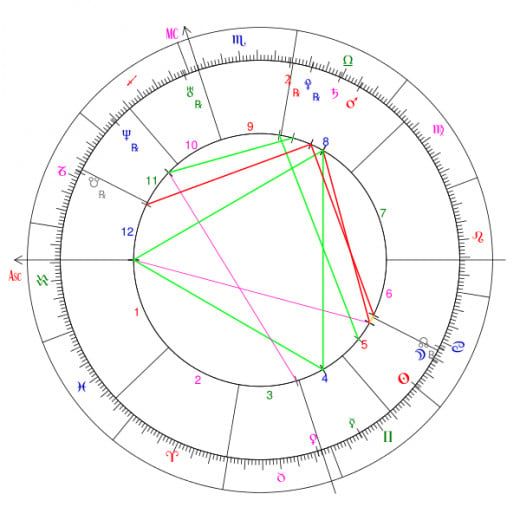
Houses
Each sign is also assigned to a house in the order of the zodiac wheel.
For example Aries is the first sign and rules the first house, Scorpio is the eighth sign and rules the eighth house and Pisces is the twelfth and last sign so it rules the twelfth house.
The Houses represents other factors a person’s nature such as appearance, family, relationships, death, careers and communication to name a few.

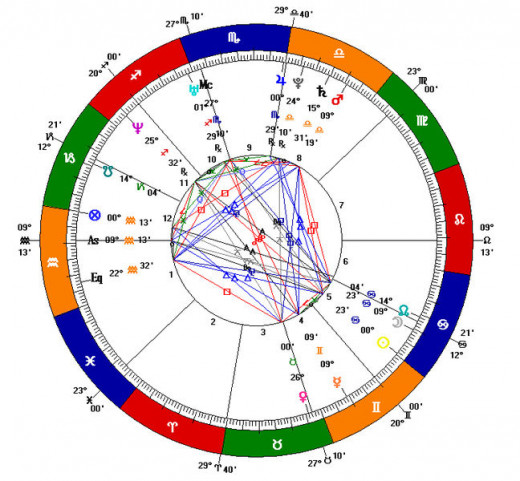
Natal Charts
As you learn of all these factors, you were probably wondering how are all these factors measured and taken into account? A misconception of astrology is that astrologers or train peoples who specialize in interpreting astrology, natal charts, etc., generalize and pull information out their nether regions randomly. No its not that simple. There is a technique and methodology and math behind astrology. Astrologers train and look into different disciplines and subject areas, even drawing up by hand (at least in older times) natal charts. Hmm natal charts?? What are natal charts?
Natal charts are physical charts that show the specific positions, planets and other factors for an individual, place or event. Natal charts collect and measure this information by analyzing the birthday (day, month and year), the specific time of birth and the specific place a person was born. Natal charts are very unique, individualized and personal and are often there to help analyze and interpret a person, place or event in time. Natal charts also shows you things like decants, degrees, aspects and transits that all evolve around the person’s specific and unique planetary positions and all that fancy, detailed, confusing and more advanced information. No two natal charts (in theory) are alike, just as no two snowflakes are alike.

Overall Astrology is much bigger study, discipline and practice that normally people don’t know or seem to judge or care about. There are a lot of factors that go into astrology and a lot of things to consider. I just covered the very thin surface. The information I wrote back in the previous article and this one lists some of the common points that a lot of these astrology systems have in common. There is a reason why astrology has been around for thousands of years. And this has a lot to do with it. Anyways I hope you enjoyed this and learned a lot from this. I took a lot of time and effort. Feel free to comment, complain, etc. Deuces
- Astrology Origins: The Brief History of Astrology
History of Astrology various ancient civilizations around the world include Ancient Babylon, Egypt, Greece, Rome, etc. Facts about the Zodiac meaning Zodiac Signs, and Astrological Signs and Planets - What is Astrology Anyway? Part 1: The Zodiac, Its Si...
Free Astrology information that includes facts about the Zodiac meaning, Zodiac Wheel, Zodiac Signs, Astrological Signs and Planets. Astrological sign meanings, and Astrological Charts.



